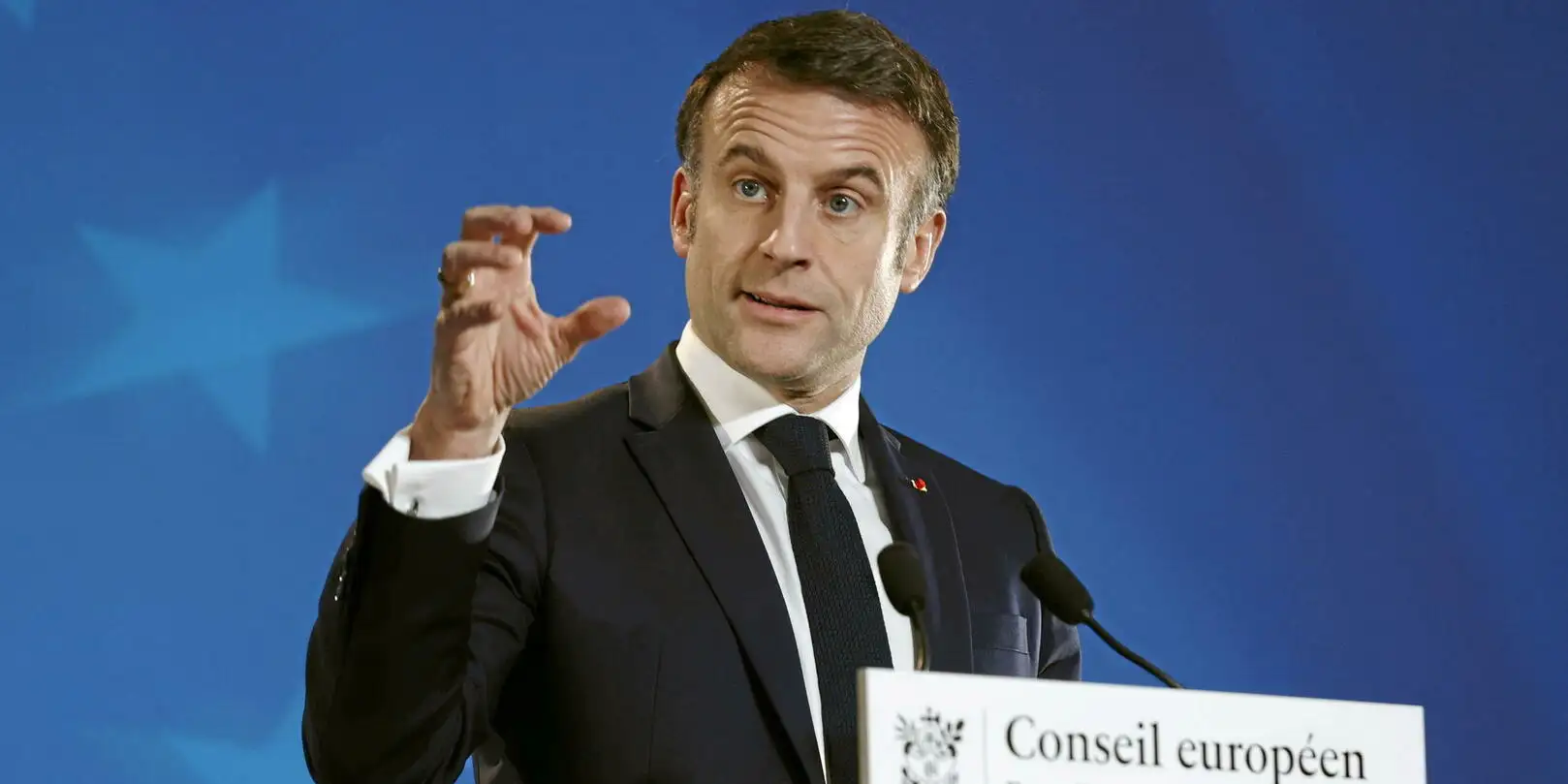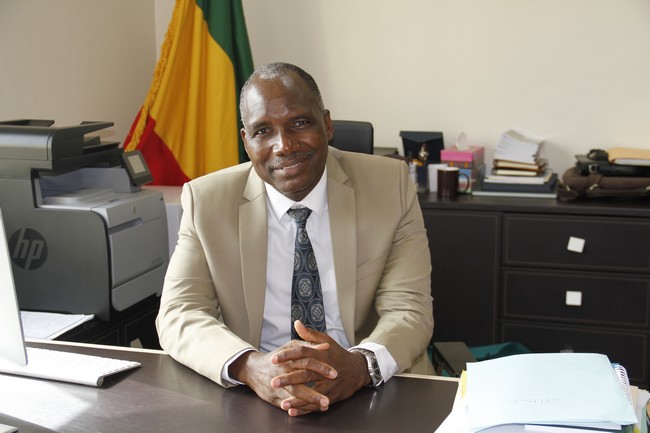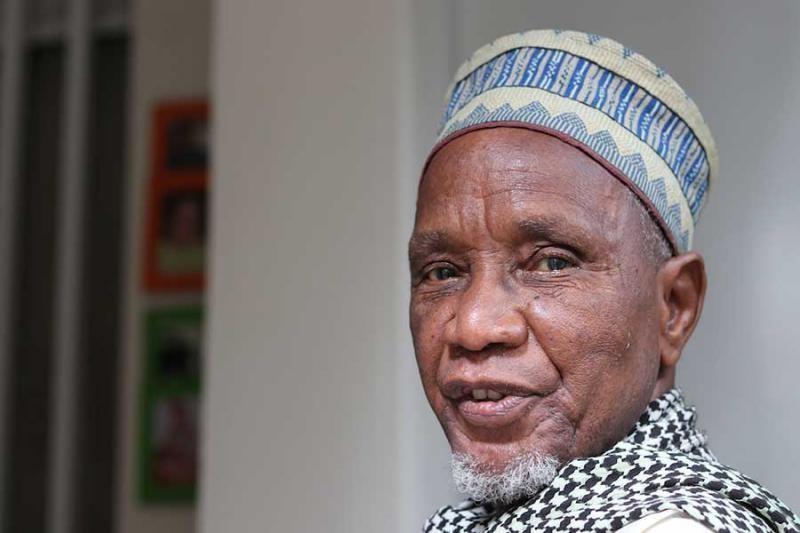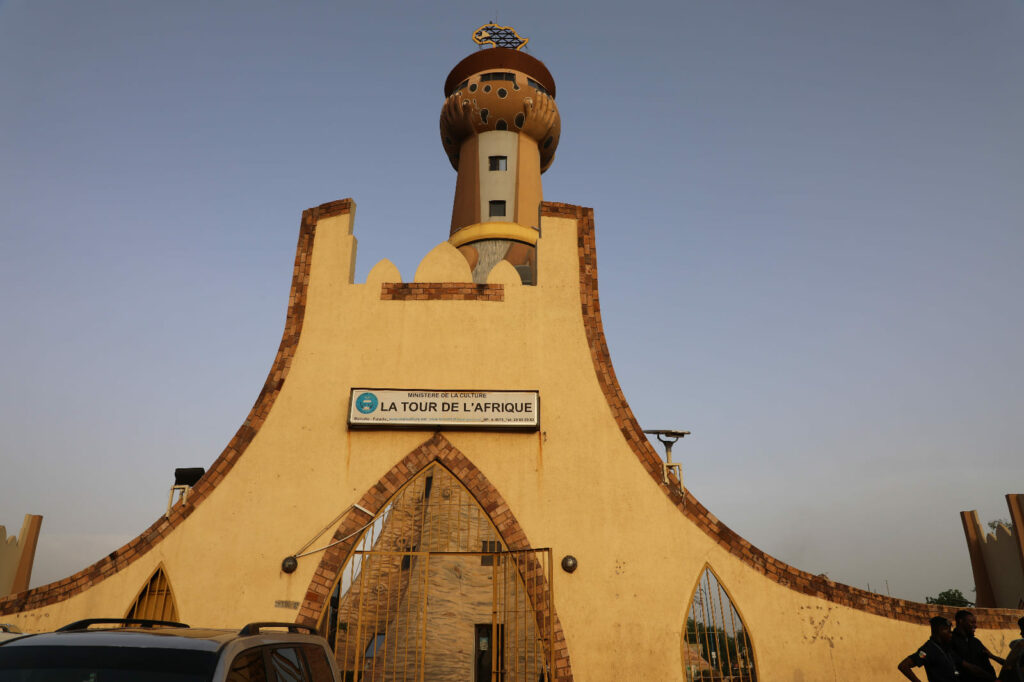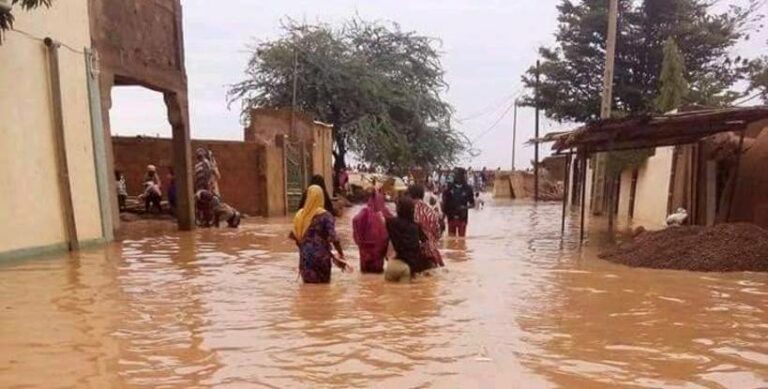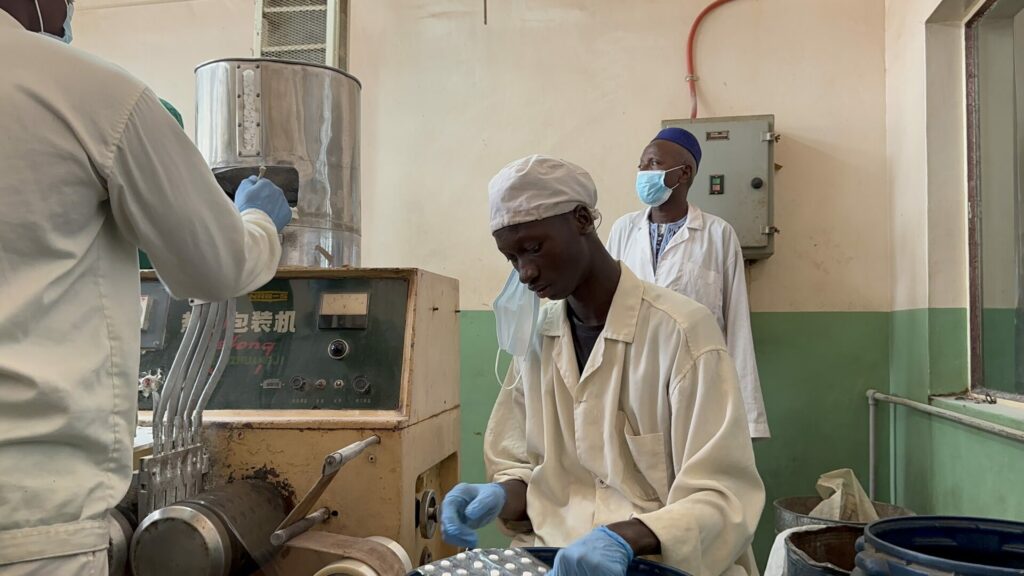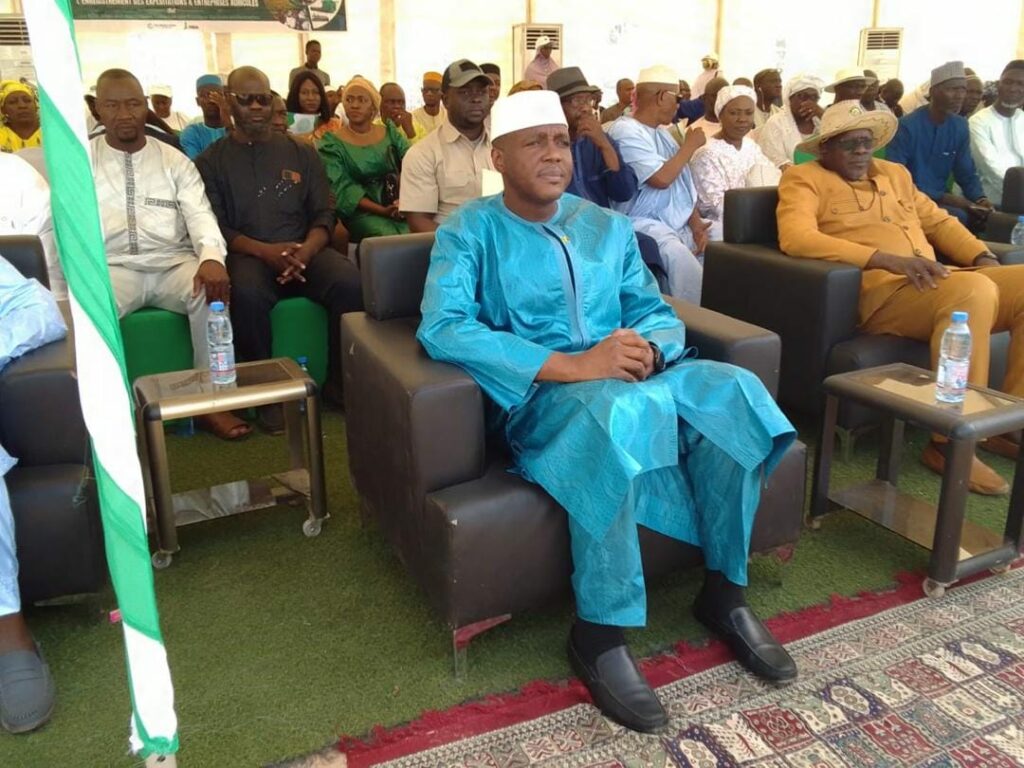By choosing to punish the people of the Sahel in response to the coups d’état – notably by cutting off all humanitarian and development aid – President Macron has chosen the wrong target and is playing into the hands of the military in power in Mali, Burkina Faso and Niger. It thus adds to the resentment towards France among African public opinion, and perpetuates a disastrous diplomatic policy.
One of the most frequently cited reasons (and a very plausible one at that) for Macky Sall’s surprising decision to postpone Senegal’s presidential election is the poor score predicted for his candidate (and current Prime Minister) Amadou Ba.
France may have something to do with it – another blunder! Élisabeth Borne’s ostentatious reception of the Senegalese Prime Minister in Paris last December is just one of the many counter-productive blunders that have marked Emmanuel Macron’s African policy. Showing France’s support for a presidential candidate in an African country is probably the best way to immediately lower his popularity rating. Lionel Zinsou knows all about it: his closeness to Macron discredited him in Benin’s 2016 presidential election.
But there’s more to it than that. Emmanuel Macron’s entire African policy is inconsistent and calamitous. One of its most recent major failures was undoubtedly its decision to “punish” the perpetrators of coups d’état in Mali, Burkina Faso and Niger by “punishing” the people of these countries. This attitude is reminiscent of De Gaulle’s attitude towards Guinea, when the latter, under the impetus of Sékou Touré, voted “no” to the 1958 referendum on membership of the “French Community”, opting for immediate independence. Furious as much as vexed by this slap in the face, De Gaulle immediately put an end to all French presence in Guinea, creating a brutal economic crisis, driving the country into the arms of the USSR and contributing to the rise of Sékou Touré’s long and paranoid dictatorship. This harmful decision was a major factor in his popularity with African public opinion.
What’s more, the personal and purely emotional nature of Gaulli’s reaction appears all the more vain and counter-productive in hindsight, given that the famous “community” was a total failure that lasted no more than two years, by which time all the African countries that had said “yes” had in turn opted for independence, now accepted without a word from France. So much for that! And now Macron is making the same mistake again! While he seems tempted every day to adopt a little more of a Gaullian posture, when it comes to Africa he’s following De Gaulle in one of the worst decisions the latter ever made: the strategy of scorched earth out of spite.
By cutting off all humanitarian and development aid, all forms of cooperation and partnership for the three Sahelian countries, both for national and international NGOs and for public services, research and culture; by closing the three French consulates and refusing to issue visas to nationals of these countries; by making it de facto impossible for doctoral students, artists, researchers or economic operators from Mali, Burkina Faso and Niger to go to France for studies, symposia, exhibitions, concerts or business ; and, yesterday, the icing on this oh-so-bitter cake, by closing the French school in Niamey (the Cours Lafontaine, half of whose pupils were Nigeriens), the French president not only misjudged the target by directly penalizing the Sahelian populations, but he also played into the hands of the ruling military, who take France as their main target and rally their public opinion a little more to them with each brutal measure taken by France and each arrogant statement made by its president.
All these errors are all the more inopportune given that mistrust, resentment and feelings of humiliation have long been widespread feelings towards the former colonizer (for many legitimate reasons, intermingled with a few more questionable ones).
Macron is also working against his own side by mortgaging, through his words and decisions, the short- and medium-term future of any French cultural, developmental or humanitarian presence in the Sahel, and his political blunders will contribute to the foreseeable decline of the French language that the ruling military undoubtedly have on their agenda. It provides golden confirmation for the many people in the Sahel and Africa who denounce the persistence of colonial or neo-colonial attitudes on the part of the French authorities, their hypocrisy and their lack of real interest in the people. It destroys the precious and fragile capital of trust that (sometimes? often?) had been gradually built up over the years between professionals from the Agence française de développement, French cultural centers or French NGOs on the one hand, and their Malian, Burkinabe or Nigerian partners on the other.
Emmanuel Macron’s record on Africa in general and the Sahel crisis in particular is impressive. For two or three encouraging statements to be put in the “positive” column (an allusion to colonization as a crime against humanity, the decision to return stolen museum pieces, the setting up of memorial commissions on the Algerian war, France’s inglorious role in Rwanda, and the repression of the UPC in Cameroon), we’re sure you’ll agree with us.[1]), the “negative” column is more than full to the brim: public and shameful schoolboy joke towards President Kaboré in Ouagadougou, imperial and haughty convocation of African heads of state in Pau, insulting injunction to the same not to go to the so-called “France-Africa summit” in Montpellier, relative acceptance of Assimi Goïta’s first (and most important) coup d’état in Mali, before making a 180-degree turn in the face of a half-coup by the same colonel shortly afterwards (the dismissal of ministers reputedly close to France having been considered unacceptable by the latter), tolerance and absence of sanctions for the perpetrators of coups d’état in Chad, Guinea and Gabon, while loudly denouncing their counterparts in Mali, Burkina Faso and Niger; noisy and ill-timed support for the very strong ECOWAS sanctions against Mali and Niger, which only served to reinforce the military’s accusations that ECOWAS was being manipulated by France (which is not true, at least not in the case of Nigeria, ECOWAS’s dominant power), even more vociferous and ill-timed support for ECOWAS’s threats of military intervention against Niger (which were a godsend for the regimes in power in the Sahel, enabling them to mobilize their populations against a possible aggression with France pulling the strings), refusal against all diplomatic usage and against all decorum for its ambassador to Niger to declare that it was “in favour of France”. persona non grata leaves the country, forcing him to remain cloistered in his embassy to the booing of the people…
Of course, no one could seriously reproach Emmanuel Macron for having condemned the coup in Niger, or for having called for the release of President Bazoum, or even for having temporarily suspended direct aid to the national budget managed by the military regime. But to go much further, as he did, to adopt a matamore-like posture that was both provocative and ridiculous, to dare to call for a punitive war that is as unlikely as it is distressing, to pursue a “clean slate” strategy, to refuse any dialogue with the new authorities, to attack Niger’s civil society – all this proved totally counter-productive. All the boxes of what not to do have been ticked.
Didn’t anyone in the President’s entourage warn him? What seems certain, in any case, is that he listened to no one in the matter, apart from his courtiers. The lack of credibility of the Presidential Council on Africa has long been absent. NGOs (though sometimes celebrated by the Elysée Palace) have of course protested publicly, but Jupiter doesn’t give a damn when he’s angry. The vast majority of AFD staff, French managers in international organizations and professional diplomats deplore (to put it mildly) this avalanche of gross misconduct. Bound by their duty of confidentiality, they were unable to express themselves publicly. But in any case, their expertise has never been called upon. It’s not customary for the President to stoop to paying attention to experts close to the ground.
In this improbable succession of absurd and harmful comments and decisions, we can’t even read any coherent policy: everything seems to come down to Jupiterian vengeance and caprice (we know that the gods of Olympus upset human history for simple jealousies, sulks or ego squabbles). But resorting to collective punishment of the peoples of the Sahel is even more serious. How can we dare promote an image of France as a land of liberty, equality and fraternity, or as a country that wishes to establish equitable partnerships with African countries, when we are attacking, out of spite or spite alone, the poor populations who benefit from French aid, the tens of thousands of jobs generated by NGOs financed by France, the thousands of intellectuals who regularly or exceptionally come to France for exchanges, training and partnerships, and the pupils of French educational establishments in Bamako, Ouagadougou or Niamey?
The current scorched earth strategy in the Sahel is therefore catastrophic on three levels: firstly, it is the local populations who are the first victims; secondly, it gives grist to the Francophobia of the military regimes; and thirdly, it seriously compromises future relations between France and the three Sahelian countries.
Jean-Pierre Olivier de Sardan
Anthropologist, Emeritus Director of Research at CNRS and Director of Studies at EHESS
Viewpoint originally published in AOC Média: https: //aoc.media

